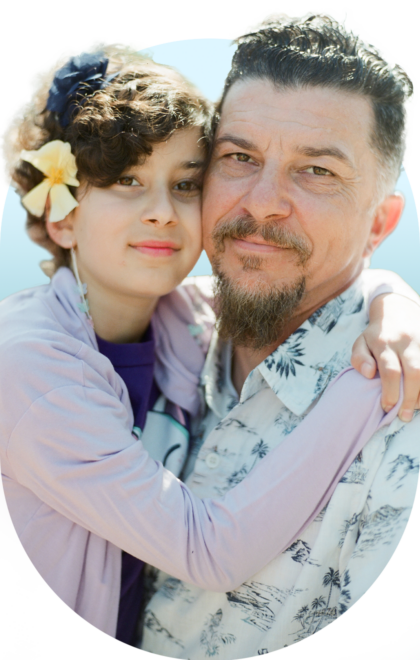
We Need Cures. We Need Action.
One mother shares her perspective about pediatric brain cancer's impact on the entire family.
Targeted therapies are a type of very precise chemotherapy that can slow brain tumor growth while causing less harm to healthy cells.
Sometimes your child’s treatment team will choose a type of chemotherapy (medicine used to treat tumors) that targets tiny changes they find in the cells of your child’s tumor.
These therapies are sometimes called “targeted therapies,” “molecularly targeted drugs,” “molecularly targeted therapies,” or “precision medicine.”
Doctors use these medicines to block the growth, progression, and spread of cancer by disrupting specific tumor molecules. The benefit is that they may cause less damage to healthy cells than other kinds of chemotherapy.
When your child is diagnosed with a brain tumor, the doctor may recommend molecular testing to look at the DNA and genetic material inside the tumor’s cells. This can make your child’s diagnosis more precise and help the doctor choose a targeted treatment for them. Molecular testing can also help doctors find out if your child is a match for a clinical trial of a new targeted treatment.
When doctors find a new drug or therapy they think may help treat a type of childhood brain tumor, they organize a clinical trial to learn what happens when a group of patients receives the treatment.
Choosing to take part in a clinical trial is an important decision. The Pediatric Brain Tumor Foundation works closely with other organizations to support families wanting to learn more. Fill out this short form to talk with our team about clinical trials for children with brain tumors.
One mother shares her perspective about pediatric brain cancer's impact on the entire family.
Virtual Event
1:00 - 2:00 PM EST

